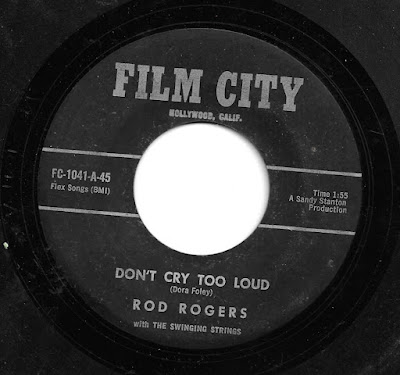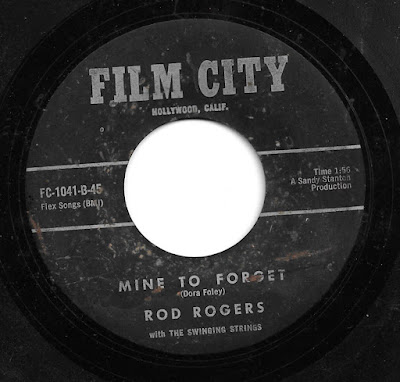Greetings, song-poem fans!
First up, I would like to acknowledge by best friend Stu, who is the most frequent poster here, I do believe, and who, earlier this week, had one of those big round birthday numbers. Happy Birthday, Stu!!!
And then, I want to mention Sammy Reed, perhaps the second (if not the first) most frequent poster here. Sammy recently discontinued his blogspot site, meaning that a whole lot of comments on my posts had links which went nowhere. I have changed several of those today, to go to his new site. Most of those links now go to a massive post where he has included virtually everything that he previously uploaded in response to, or in anyway related to, this site. I could direct you to all those individual posts, but most of them link to this page.
But in addition to that, Sammy remembered a post I wrote nearly a year ago, in which I commented that I'd found a copyright entry for a song called "HOOPA LOOPA HOOPA LOOPA DOOPA", and I commented that I'd pay to hear that song.
Well, sure enough, Sammy has found that song on YouTube, with a somewhat simplified title. I can't say it lived up to my hopes, but should also note that the chorus did repeat in my head for hours afterward. On a side note, if that's Ruth Brown I'll eat my hat. "Venus" can't even stay on pitch. Thanks, Sammy - where do I send the check?
And now:
Over two months ago, I wrote, rather excitedly, about having found two Cara Stewart acetates that I'd bought somewhere along the line and had completely forgotten about. I shared a two sided acetate at that time, including a wonderful tune called "I Just Dropped In to Say 'Hello'"
Today, I have the other acetate. This one is one-sided, and it is written by the same team that wrote both of the songs on the other acetate. Like the other disk, this one came with sheet music, seen here:
The song, "Don't You Think We Better Dance", isn't much musically, but the lyrics hint at something considerably more steamy than the typical song of the era, without getting into details. And of course, Lee Hudson's arrangement and Cara's warm, inviting singing make it something well worth hearing.
Download: Cara Stewart - Don't You Think We Better Dance
Play:
The label on that record makes it clear that the recording is a demo, rather than a completed product sent to the song-poets (or in this case, songwriting team). But the care and effort evident in the performance take it well beyond the average demo.
I didn't want to just share one track, so I pulled out another one sided song-poem demo 78, not only to give you a good deal in reward for stopping by, but also to contrast what a demo from most song-poem outfits sounded like: Dull as dishwater.
Here's a record on the previously unrepresented (here) Hollywood Tunesmiths label. The song is "Laura Lee", and it features a nondescript male singer accompanied, boringly so, by piano backing. I find everything about this record bland, and it makes it just that much more impressive to hear what Lee Hudson was doing for his customers, most likely just a few years after this record was made.
Download: No Artist Named (Hollywood Tunesmiths) - Laura Lee
Play:







